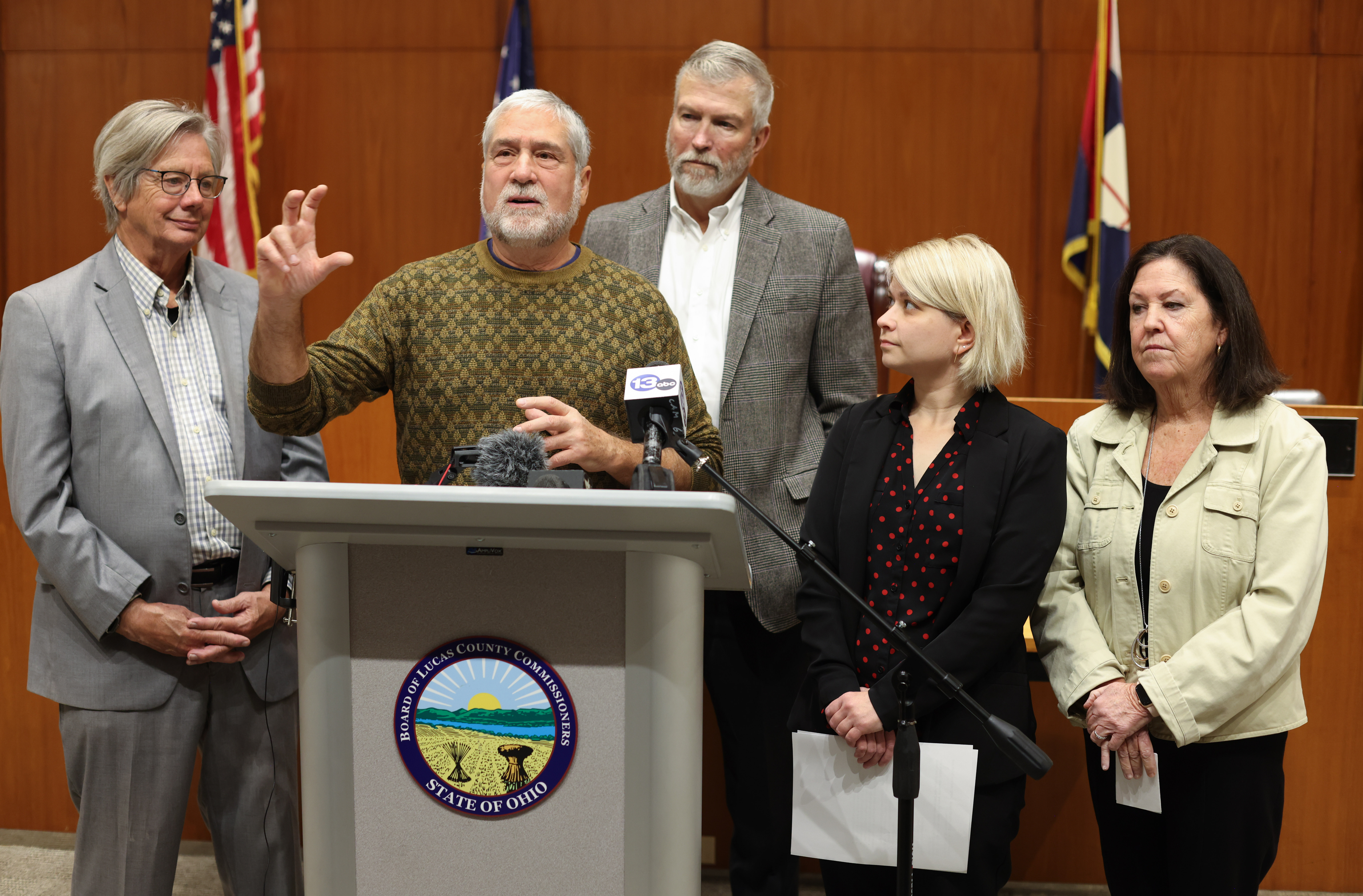Case Studies & Policy Briefs
Read case studies documenting local efforts using ARPA recovery funds to build more equitable communities and policy briefs sharing best practices for designing and implementing equitable public investments.
Featured Case Studies
Toledo, Ohio joined forces with Lucas County on a $1.6 million program to cancel residents’ medical debts, partnering with the nonprofit Undue Medical Debt. To date, the effort has cleared the debts of 35,000 Toledo residents and 113,000 residents of Lucas County and the broader metropolitan region served by Toledo’s hospital systems.
Browse Case Studies by Location
Click on map to view by location: City
City County
County
 City
City County
CountyPolicy Briefs
Community Land Trusts
Community land trusts (CLTs) are a powerful tool for creating and preserving affordable housing, empowering communities, and preventing displacement. Recognizing their potential to contribute to long-term equitable development, many communities leveraged ARPA recovery funds to expand existing CLTs.
Guaranteed Income Pilot Programs
The pandemic accelerated a burgeoning movement for guaranteed income: unconditional, consistent cash payments to combat poverty and improve health and well-being. Dozens of launched guaranteed income pilots, and most are conducting rigorous evaluations — bolstering evidence to support a nationwide cash policy.
Housing Trust Funds
Many cities and counties dedicated ARPA funds to create or expand Housing Trust Funds (HTFs): flexible financing tools to create and preserve affordable housing. By setting aside funds for extremely low income households, ensuring long-term affordability, and implementing other best practices, HTFs can maximize their equity impact.
Free and Low-Cost Immigration Legal Assistance
Legal representation is critical to success in deportation cases, yet fewer than half of immigrants facing deportation have access to a lawyer. Many cities and counties are directing public funds toward programs that offer free or low-cost legal assistance, ensuring access to justice for immigrant residents.
Legal Representation for Tenants
By ensuring access to legal representation, local governments can protect renters from the cascading negative impacts of eviction on their health, well-being, and finances. Recognizing these proven benefits, nearly 60 cities used ARPA funds to expand access to counsel for tenants.
Medical Debt Elimination
Soaring medical debt is a national crisis that disproportionately burdens low-income residents and communities of color. Cook County, Illinois was the first local government to use ARPA funds to eliminate up to $1 billion in medical debt, sparking a local policy movement to cancel these crippling debts.
Participatory Budgeting
If implemented with an equity lens, participatory budgeting can empower marginalized communities by giving underserved residents a direct say in decision-making about public funds. Diverse local governments used this method of direct democracy to determine how to allocate ARPA resources.
Wraparound Supports
Wraparound supports like childcare, transportation subsidies, and stipends are essential to ensuring equitable access to workforce opportunities for people facing multiple barriers to employment. By integrating these services with inclusive workforce strategies like apprenticeships and transitional jobs, cities can boost job retention and completion rates for marginalized communities.

